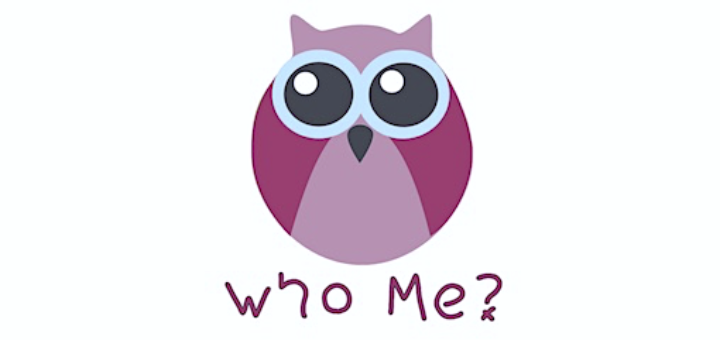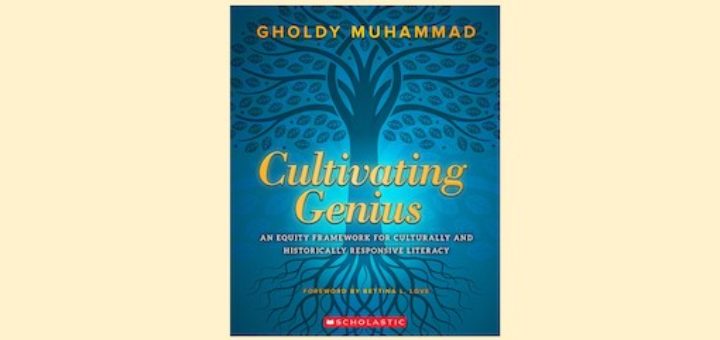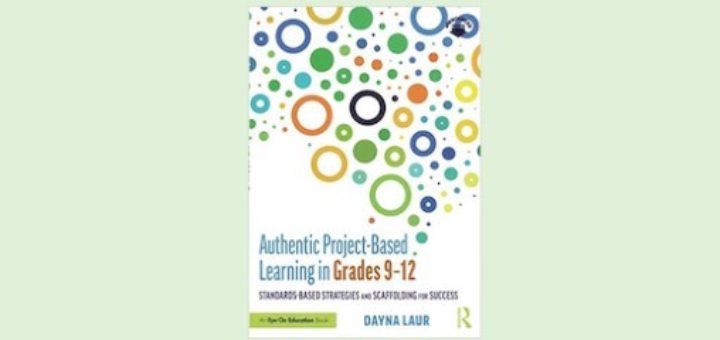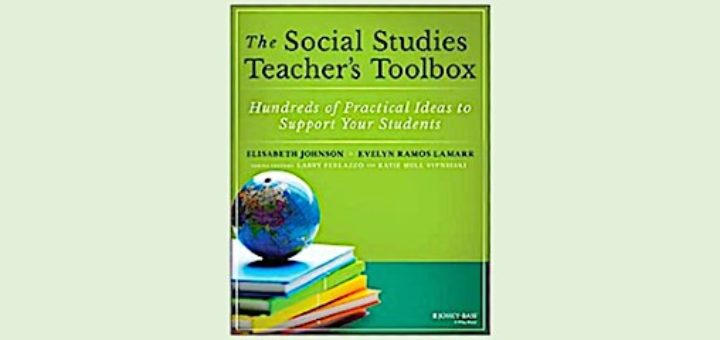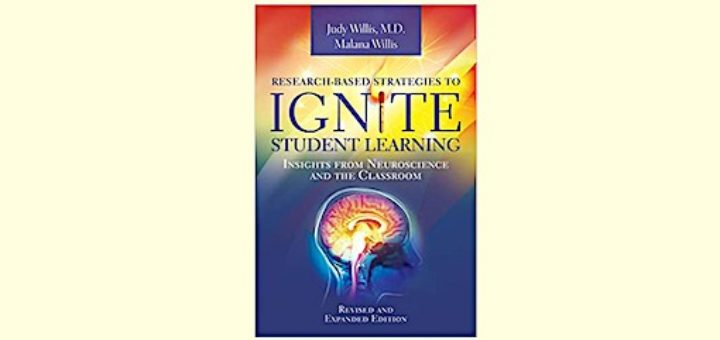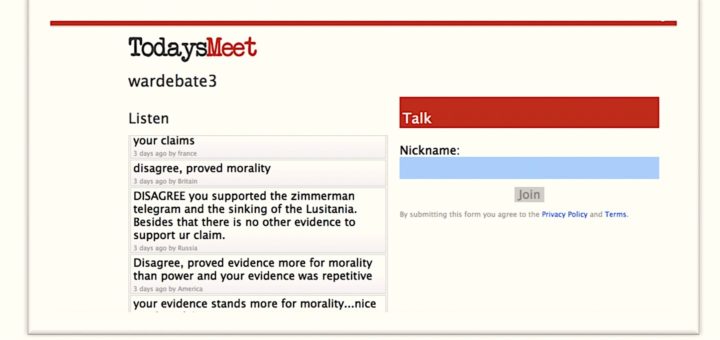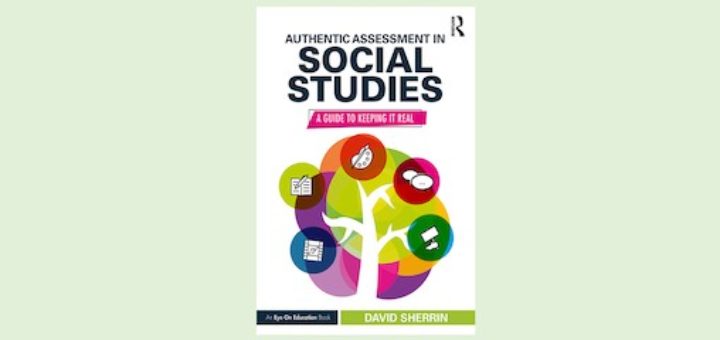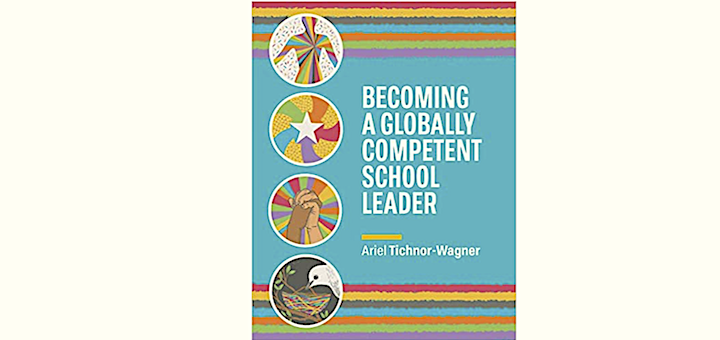Getting to Know Kids in Virtual/Hybrid Settings
At the beginning of a new school year, establishing a strong class culture is a top priority, whether we are face-to-face or virtual. We can’t assume this culture exists, even if students have been classmates before. Lynne Dorfman shares some community building ideas.

